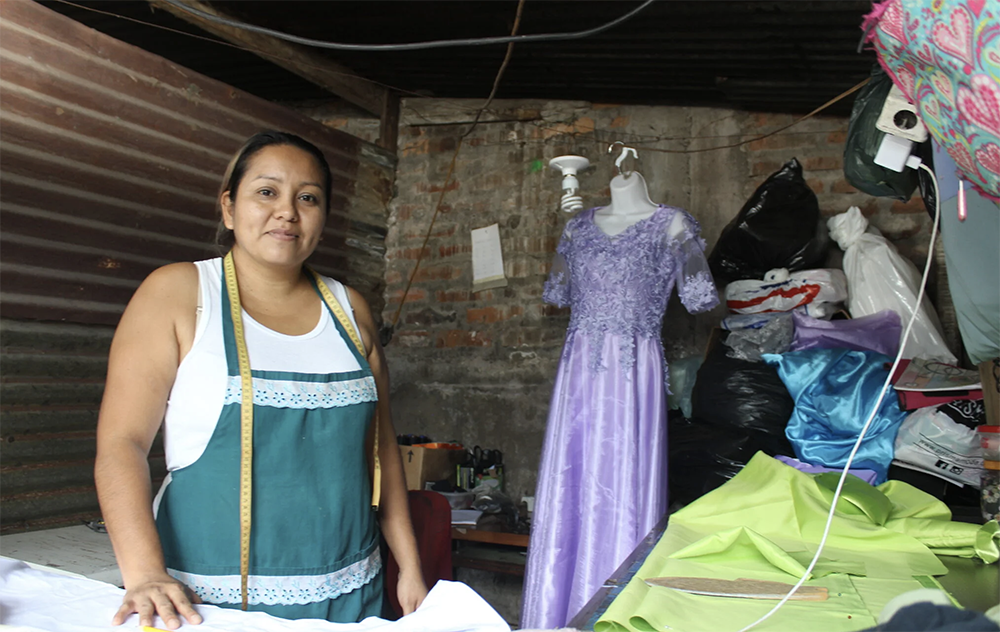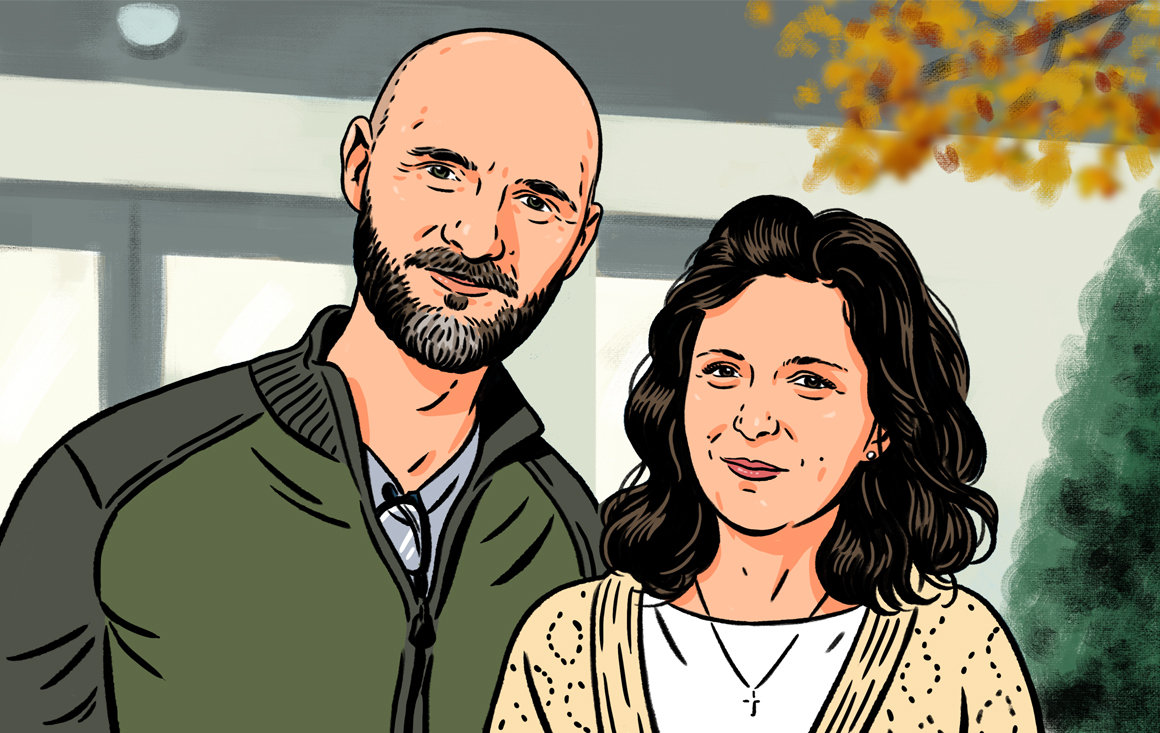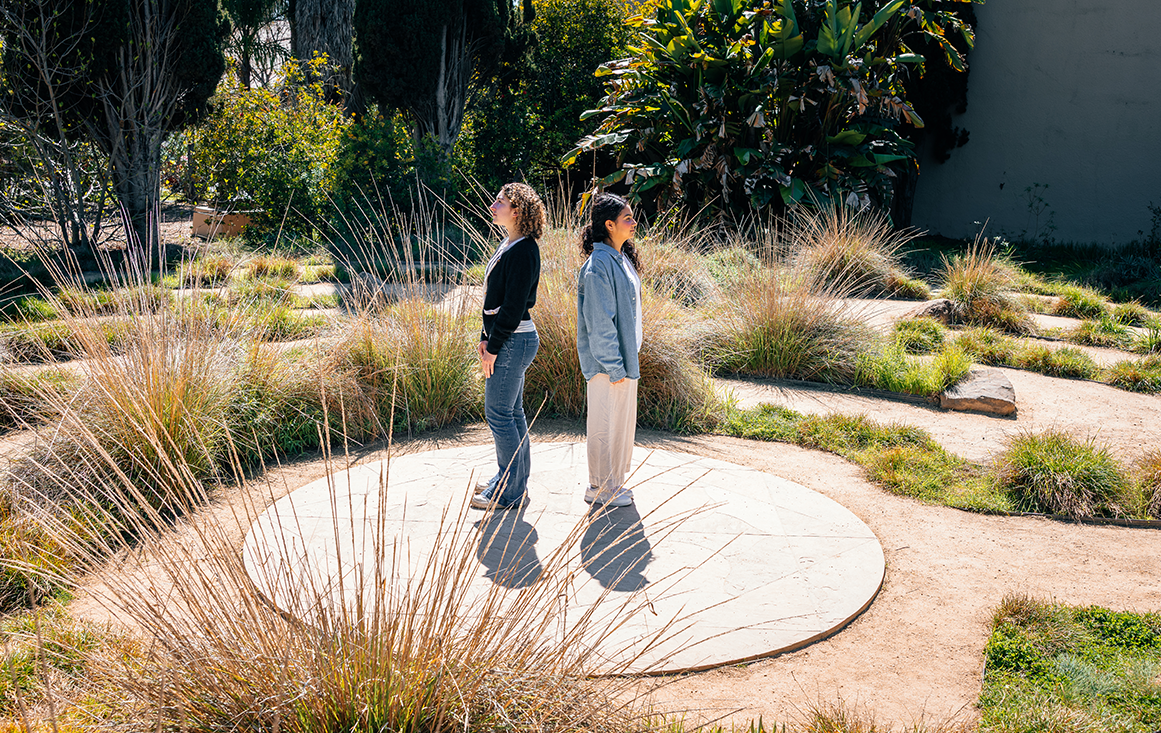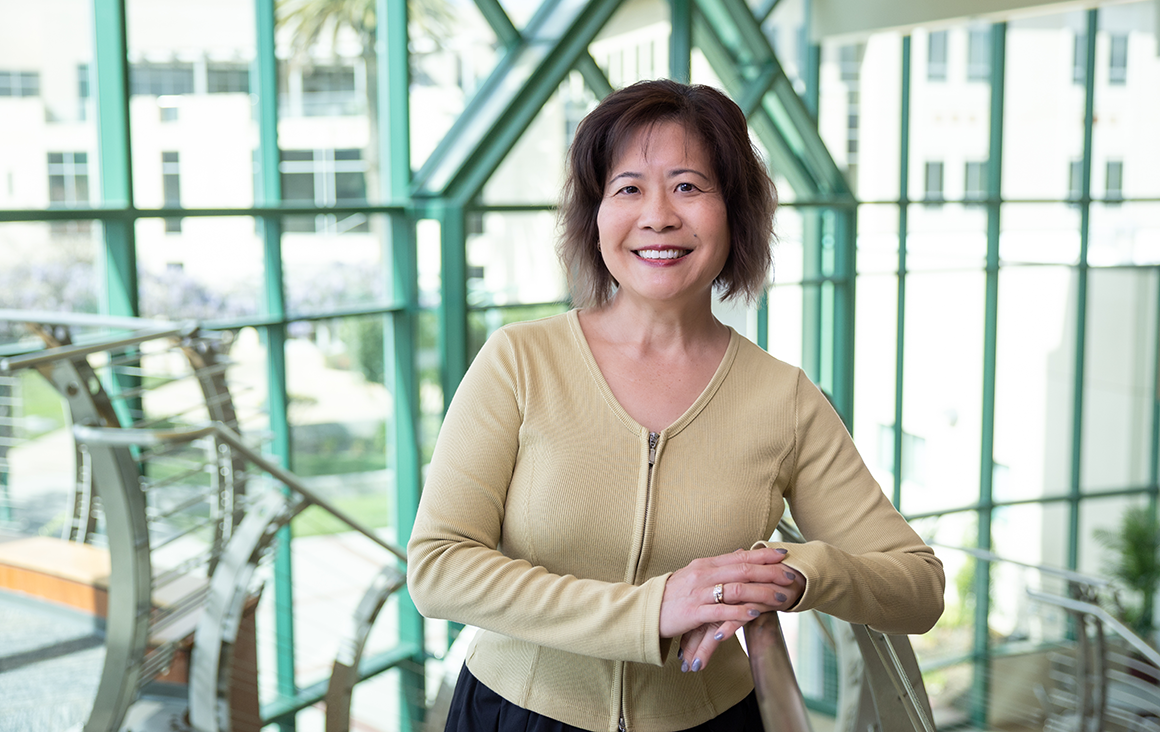Building Community Around the World

Juan Velasco-Moreno wasn’t sure what to expect in response when he sent out the emails. All he knew was he needed the help of his friends and colleagues.
It was December 2007 and Velasco-Moreno, an English professor at Santa Clara University, was working in El Salvador as part of SCU’s global learning program Casa de la Solidaridad. He was having a pupusa dinner with Annie Boyd-Ramirez, a fellow staff member at Casa, when she mentioned the financial hardships facing a local child development center where she was volunteering.
Without support, Boyd-Ramirez explained, the New Dawn Association of El Salvador (ANADES) would soon close down and its students, ages 2 to 6, would lose access to early education. Boyd-Ramirez wondered if Velasco-Moreno knew of any way to keep the school open.
With a problem this complex, Velasco-Moreno wasn’t sure what to do, so he just got to work. After dinner, he began writing emails to everyone in his contact list who he thought might be willing to donate money.
“We were just sending pictures of the school and requests to anybody who will listen to us,” recalls Velasco-Moreno. “I said, ‘This year, instead of getting Christmas gifts, please send money so the children will be able to stay in school.’”
In the following weeks, Velasco-Moreno and the Center got their own Christmas miracle. Although they didn’t raise enough scholarships for all the children, by Dec. 25, they had raised enough money to support a couple of children at the Center.
Shortly after their initial fundraising success, Velasco-Moreno and Boyd-Ramirez spent time reflecting and discerning how they felt called to continue to help. Ultimately, they decided to keep fundraising for the center.

PV co-founders Annie Boyd-Ramirez and Juan Velasco-Moreno
While it wasn’t their intent at the time, the two colleagues were on their way to starting a nonprofit organization. But before they could get started, the organization needed a name. Velasco-Moreno asked those on the ground in El Salvador what they thought.
“I felt a bit embarrassed about this,” he says, “but they all said they wanted to call it Programa Velasco (PV). So that’s what we did.”
Taking a holistic approach
While PV started as a way to support the education of children in the area, it didn’t take long for the nonprofit to expand its offerings as the needs of its community grew. It was clear families needed access to social services and mothers needed opportunities to gain economic security.
“We realized that the children would not be protected if the families were not protected,” says Velasco-Moreno.
PV launched the Women’s Empowerment Project (WEP), a holistic, two-year training program that promotes economic and social empowerment for women entrepreneurs in El Salvador.
Since 2014, more than 140 entrepreneurs have graduated from WEP. One is a woman named Veronica, a resident of El Salvador who was struggling in her professional and family life. To make ends meet, Veronica sold pupusas and soft drinks, sometimes making chicken tamales, too, but she didn’t have a reliable source of income.
After entering the program in 2021, Veronica learned to better assess her business and identify how she could scale her offerings. After lots of planning and hours of tracking her bookkeeping records, Veronica invested some of her savings and the seed money the WEP awarded her. She purchased a refrigerator and blender to make food and built a structure to house her small business. Today, she’s earning around $60 a day, as opposed to the $18 she earned selling pupusas.
Veronica is also appreciative of the counseling sessions and group workshops on personal empowerment offered by PV.
“Before I was afraid to give and receive love,” she says. “Now I am a better mom, more loving and understanding.”
Unlike most nonprofits in Latin America that only focus on raising money, Programa Velasco has established a community that stays and helps change the cycle of poverty by creating educational opportunities for mothers and children.
“I’m very proud of the fact that we work together with the community and we’re slowly helping the community to get out of that sense of pessimism and horror that a lot of people experience in El Salvador,” says Velasco-Moreno.
A life’s work
Sixteen years later, the organization that Velasco-Moreno helped co-found is going strong and has grown far beyond its initial offerings—in many ways mirroring the holistic approach of Jesuit education.
Many faculty and staff from Santa Clara University have also helped to contribute to strengthening PV by donating money and serving as board members or volunteers.
Velasco-Moreno has accomplished a lot in his career as a writer and academic at Santa Clara University. In addition to teaching creative writing and Latinx literature to thousands of Santa Clara students, he’s published five books, and his work has been featured in various collections. But he considers his work with Programa Velasco every bit as important.
In fact, he views it as an extension of his work at a Jesuit university.
“When you are passionate about social justice, when you feel a deep connection in your heart with people around the world, then your life is going to be a life of fulfillment,” Velasco-Moreno says. “You don’t have any regrets and you’re just going to love everything you do. And when you love what you do, you don’t mind getting up at 5 a.m. every day.”

Ranked #4 in the nation by gradreports.com, the Department of English prepares students to read and write critically, to bring intellectual flexibility to academic and professional problems, and to enter the workforce as individuals with trained skills in analysis and self-expression.


